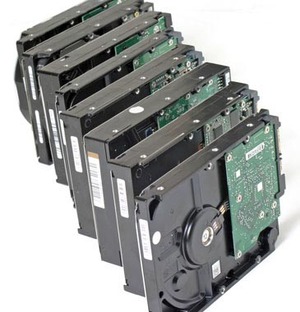Do I need RAID?
While there are a few situations which may require the use of RAID at home, they are few and far between. There are of course many situations where it isn’t necessary, but it can provide various benefits. As disk capacity grows, more and more important data gets thrown onto our hard drives and a disk failure can cause a serious headache. Protection against data loss in the event of a disk failure can be invaluable, and RAID can provide a great deal of peace of mind.From a performance point of view however, RAID doesn’t make much of an argument for desktop use. Sure, you may save a second when loading a game, but the same time could be saved by upgrading your CPU or memory. Fact of the matter is, unless you’re doing some pretty hardcore graphics, audio or video work, the performance potential of RAID doesn’t mean much.
The biggest difference you’re likely to notice is when running disk benchmarks that have little or no bearing on real world performance. It’s all one big balancing act between the level of performance needed, the level of redundancy required and the cost of implementation as to whether RAID is worth using, and which level of RAID is the best choice.

Conclusion
I hope that you've enjoyed this look into RAID and found it helpful. More importantly, I hope it de-mystifies some of the confusion surrounding the technology. Whether you decide that RAID is right for you or not, it's good to have an understanding of what you can really expect from each of the different types.
MSI MPG Velox 100R Chassis Review
October 14 2021 | 15:04









Want to comment? Please log in.